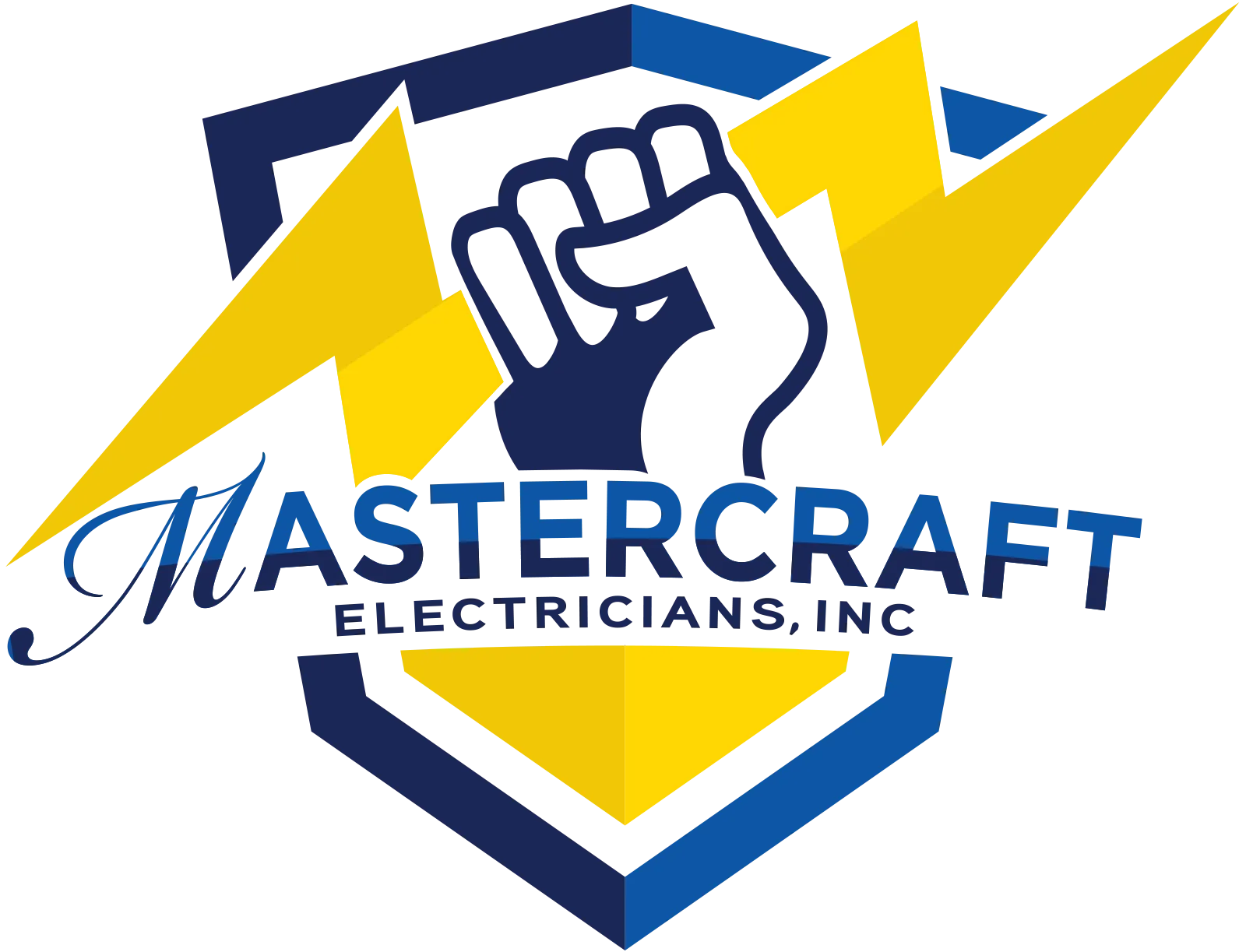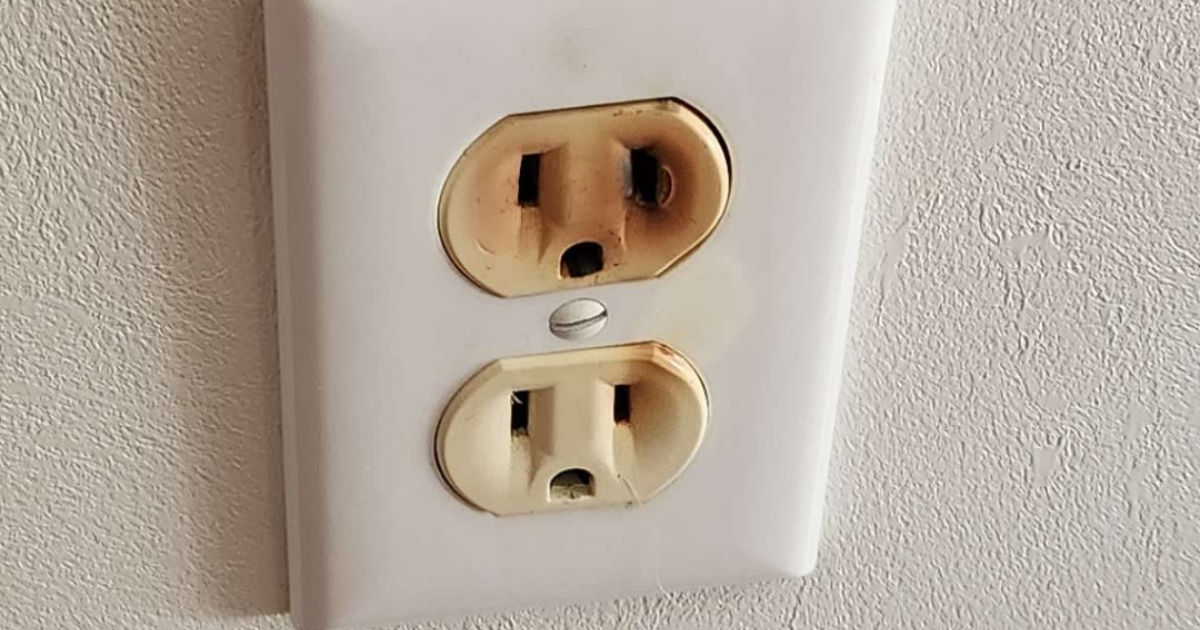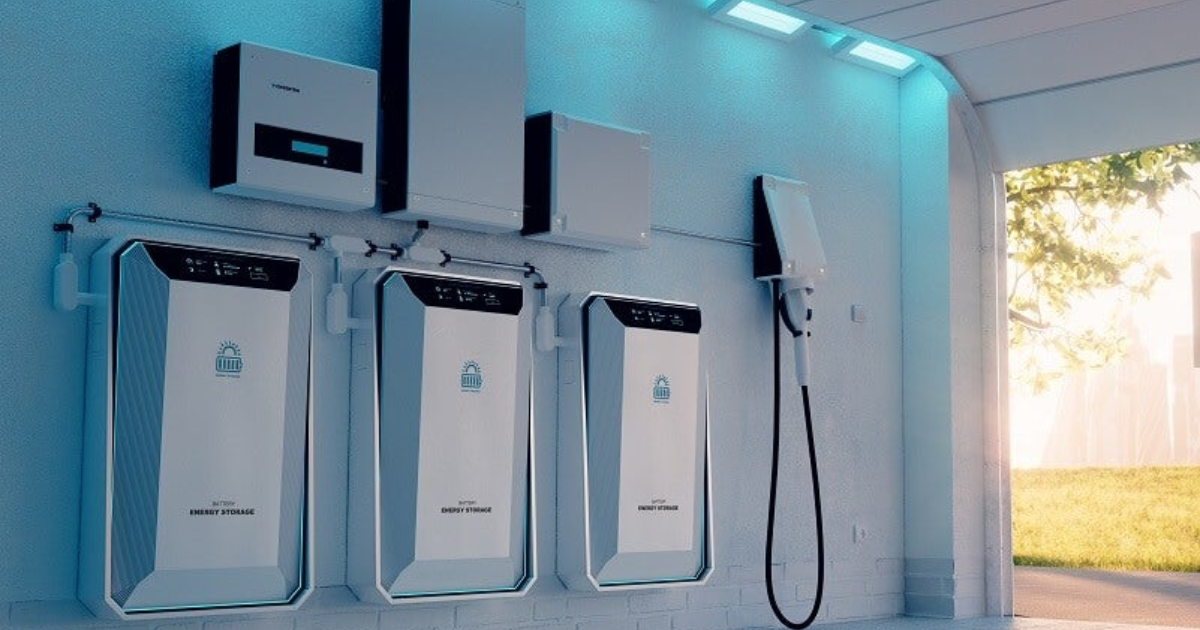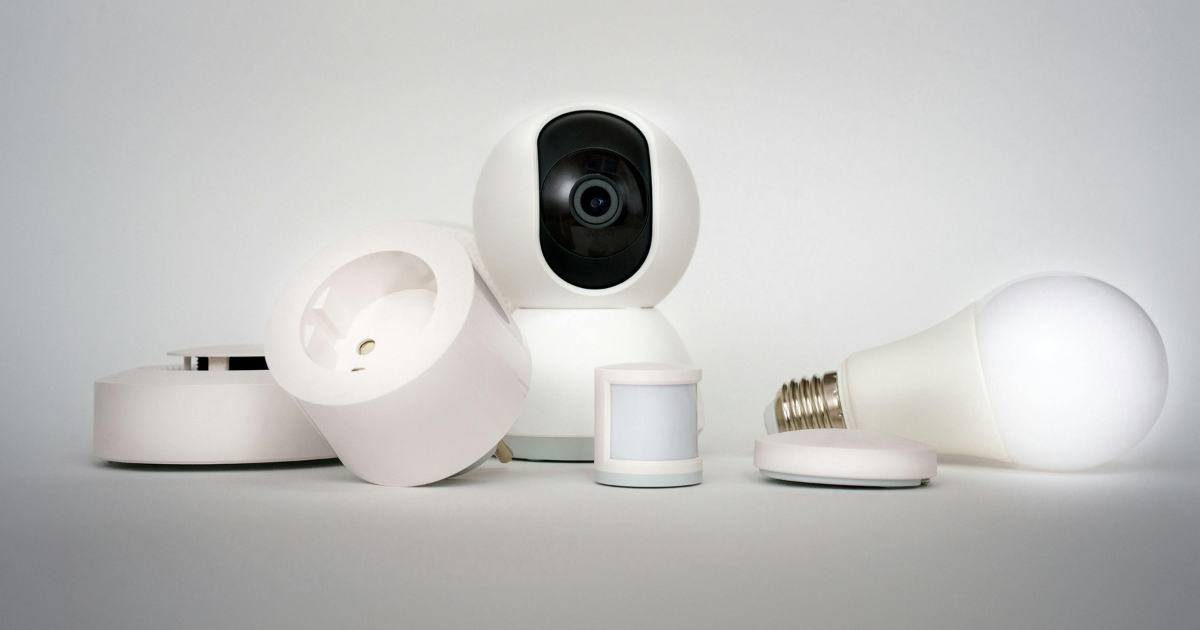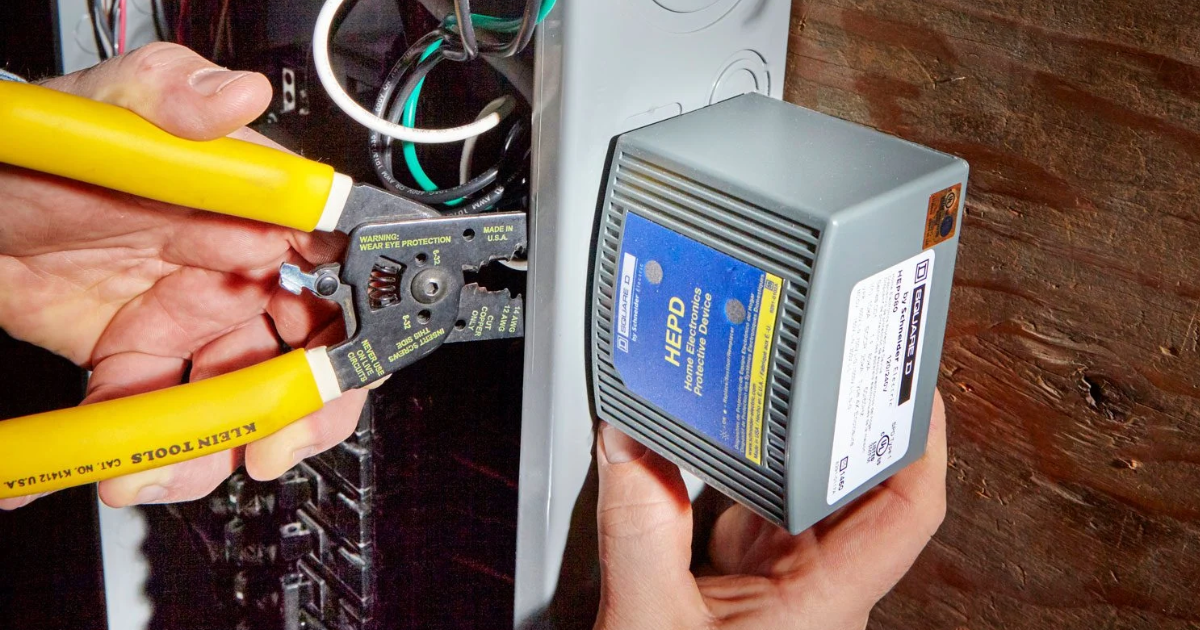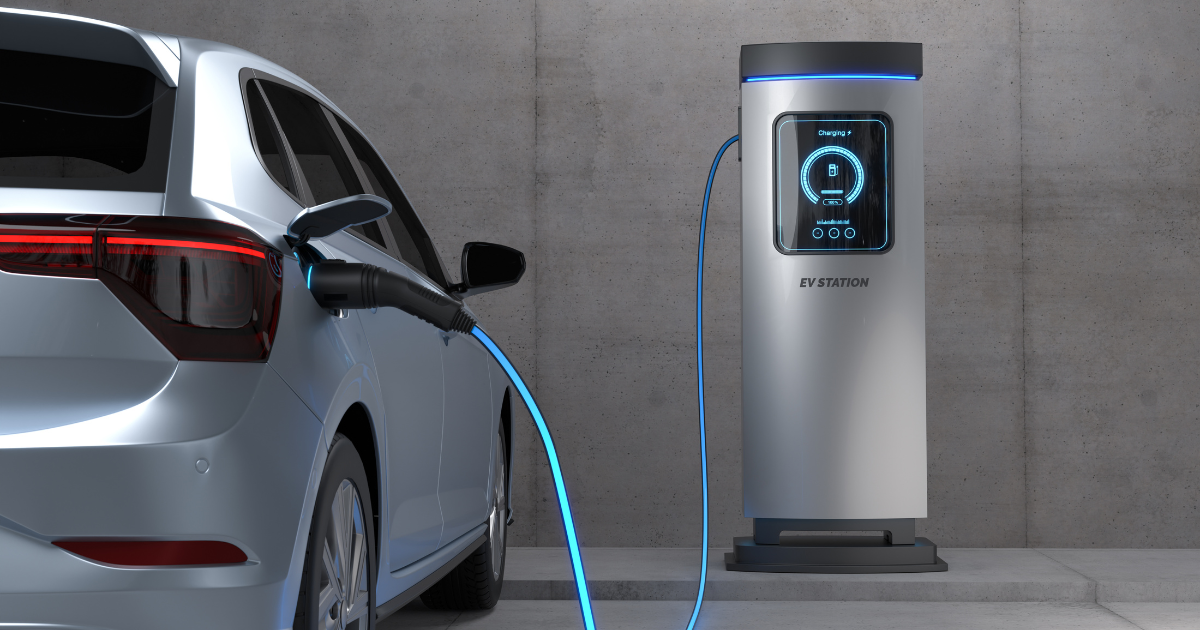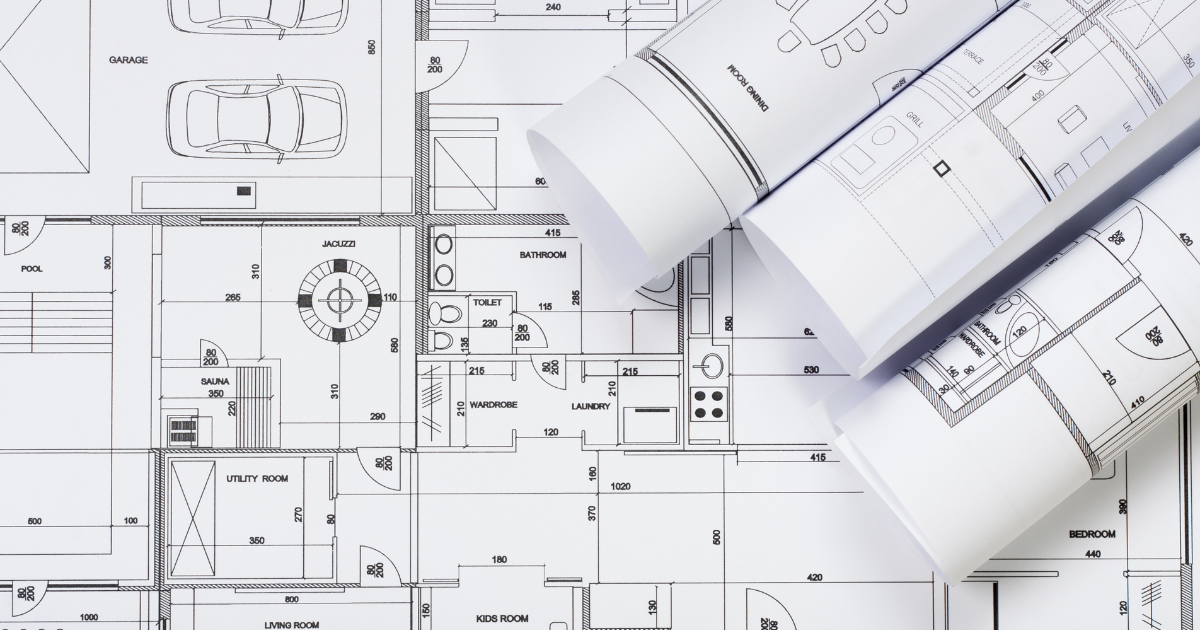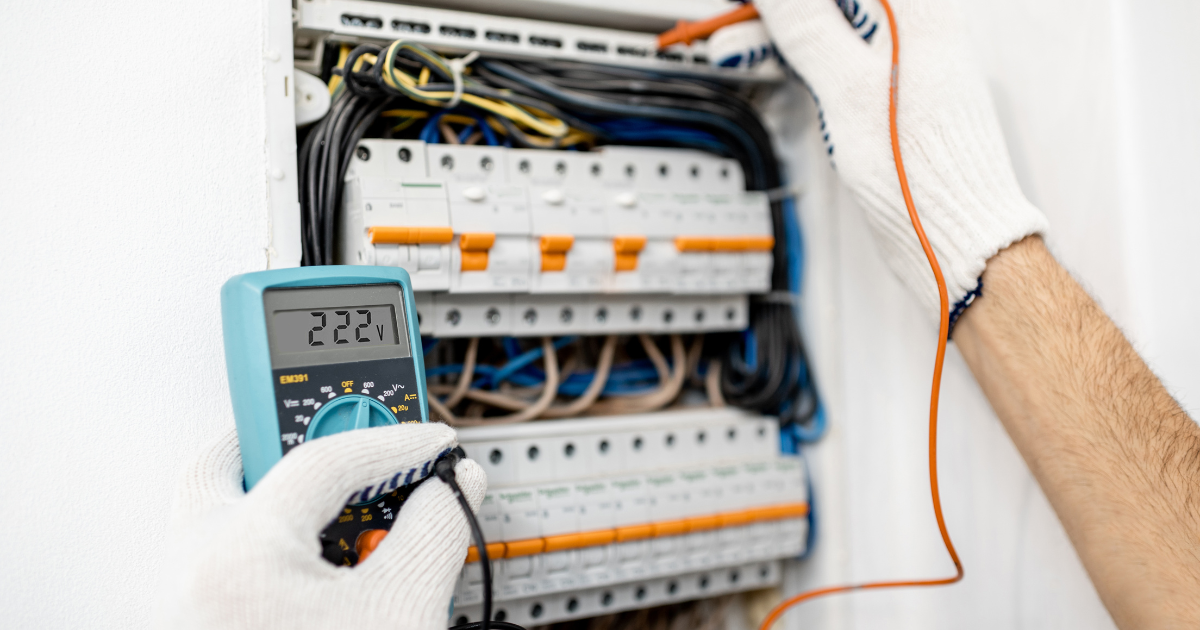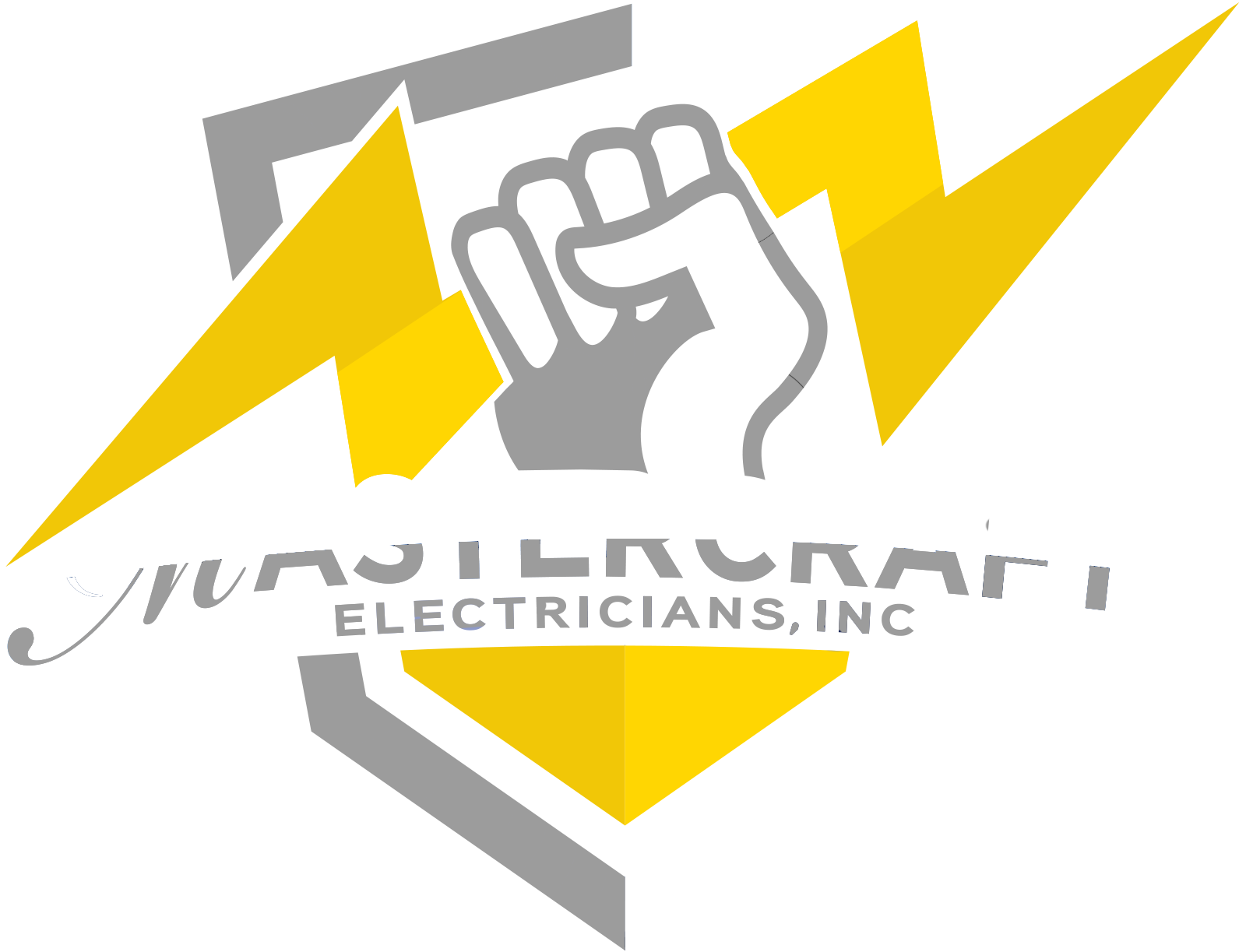Why First-Time Home Buyers Should Never Skip an Electrical Inspection
Buying your first home is an exciting milestone—one that comes with a list of responsibilities, and among the most crucial is ensuring your new home is safe and sound. While you may have checked off the major items like the roof, plumbing, and foundation, there’s one area that’s often overlooked: the electrical system.
As a first-time home buyer, it’s easy to focus on the more visible or flashy aspects of a home, but the electrical system is an essential, behind-the-scenes feature that can make or break the safety and functionality of your new space. An
electrical inspection is a simple but vital step to ensure you are making a well-informed purchase.
1. Safety First: Preventing Fire Hazards
Electrical issues are one of the leading causes of house fires. According to the National Fire Protection Association (NFPA), roughly 51,000 fires each year are caused by electrical failures or malfunctions. For first-time home buyers, it may not be obvious that your potential new home could be harboring outdated wiring, faulty outlets, or overloaded circuits—all of which can spark a dangerous fire.
An electrical inspection is a proactive measure to identify and correct these hazards before they turn into a real problem. Licensed electricians can catch issues like outdated aluminum wiring, improperly installed grounding systems, or insufficient circuit protection, all of which could lead to electrical fires.
2. Understand the Condition of Your Electrical System
When you purchase a home, you want to be confident that the major systems will support your everyday needs. An electrical inspection reveals the current condition of your home’s electrical system and helps you plan for the future.
If the home has an older electrical panel, it might not be able to handle the power demands of modern living. Many homes built in the 1950s and 1960s have electrical panels rated for 60 amps, which is not sufficient for today’s technology-heavy lifestyle. Newer homes typically have panels rated for 100 or 200 amps, which can accommodate everything from air conditioning, to
EV chargers, to home office setups.
By having an electrical inspection conducted by a professional, you can avoid any unpleasant surprises after moving in. If upgrades are needed, your electrician will give you a clear picture of costs and timeframes, so you can factor them into your budget.
3. Protect Your Investment
Buying a home is one of the largest investments most people will ever make. Failing to address electrical issues could end up costing you even more in the long run. Small problems—like a flickering light or tripped breakers—might seem insignificant, but they can signal larger, more expensive issues.
An electrical inspection helps to uncover problems early, giving you the ability to negotiate with the seller for repairs or an adjusted sale price. If you don’t catch the problem beforehand, you could end up paying a premium for repairs that could have been avoided with a simple inspection.
4. Peace of Mind and Avoiding Stress
For first-time home buyers, moving into a new house is stressful enough without dealing with electrical problems shortly after moving in. An electrical inspection gives you peace of mind, knowing your home is safe, efficient, and up to code.
If your inspection uncovers any issues, you’ll have the option to fix them before you settle into your new home. You won’t have to live with the worry of whether your electrical system is up to par. You’ll know that it’s been professionally evaluated and that it meets safety standards, making your new home truly move-in ready.
5. Compliance with Local Regulations
Electrical codes vary from one location to another, and homes built decades ago may not meet current standards. A professional electrical inspection ensures that your home complies with local building codes, helping you avoid fines or penalties. Plus, compliance with codes is essential if you plan to make any future home improvements. For example, if you decide to add a new room or upgrade the electrical system, your home must meet specific standards to obtain permits.
Conclusion: Don’t Skip This Crucial Step
As a first-time home buyer, you’re probably overwhelmed with decisions and checklists. It’s easy to overlook the electrical system—but neglecting it could lead to dangerous consequences. An electrical inspection is one of the best investments you can make in your home, offering safety, peace of mind, and protection for your investment.
At MasterCraft Electricians, we specialize in thorough electrical inspections, helping you ensure that your new home is safe, secure, and up to date. If you're about to purchase a home, schedule your electrical inspection today to safeguard your future.

